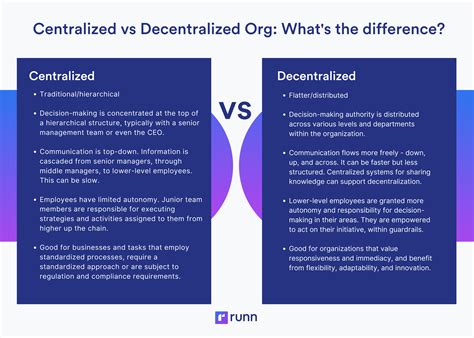“The Staircase of Chaos: How Cryptocurrencies Are Changing the Face of Supply Chains and Exchanges”

In recent years, the world of finance has witnessed significant disruption as new technologies and business models emerge that are shaking up traditional industries. One area that is gaining momentum is the intersection of cryptocurrencies, supply chain management, and decentralized exchanges (DEXs).
At the heart of this convergence lies a fascinating concept: bear markets. No, you may be wondering what a bear market has to do with any of these topics. It turns out that the term “bear” in this context doesn’t just refer to an animal, but rather to the behavior of investors who hesitate to invest during times of economic uncertainty.
So how do cryptocurrencies play a role in supply chain management? One key area is the use of blockchain technology to track and verify the authenticity of goods. By leveraging the decentralized nature of blockchain, manufacturers can ensure that their products are genuine and not tampered with, while also gaining transparency and accountability throughout the supply chain.
The rise of decentralized exchanges (DEXs) has also changed the game for cryptocurrency enthusiasts. DEXs operate on blockchain networks and allow users to buy, sell, and trade cryptocurrencies without the need for intermediaries such as central banks or traditional financial institutions. This model has reduced fees, increased security, and opened up new opportunities for price discovery and market participation.
But what about supply chain management? As investors become increasingly risk-averse in bear markets, they are looking for alternative investment options that offer stability and predictability. That’s where decentralized exchanges come in—by providing a safe, transparent, and trusted platform for trading assets, DEXs can help mitigate the risks associated with traditional financial instruments.
For example, some companies are using blockchain-based supply chain platforms to track the movement of goods and materials across multiple continents. By leveraging data from sensors and IoT devices, these platforms enable real-time monitoring and analysis of inventory levels, supply chain disruptions, and other key performance indicators (KPIs).
One such example is the use of AI-based predictive analytics to predict demand for specific products. By analyzing historical sales data, weather patterns, and other external factors, companies can gain valuable insights into market trends and make informed decisions about production and logistics.
The impact of the bear market on supply chains has also led to increased adoption of blockchain-based solutions. Companies are realizing that the decentralized nature of blockchain technology provides a secure and transparent way to manage their supply chains, reducing the risk of counterfeiting, tampering, or other forms of manipulation.
In conclusion, the intersection of crypto, supply chain management, and DEXs represents a seismic shift in the way we think about financial markets, investments, and commerce. By leveraging blockchain technology, decentralized exchanges, and AI-powered predictive analytics, companies can gain valuable insights into market trends and optimize their supply chains for greater efficiency and resilience.
As investors continue to navigate the turbulent waters of bear markets, it is clear that the future of finance will be shaped by new technologies, innovative business models, and a deeper understanding of the complex relationships between cryptocurrency, supply chain management, and decentralized exchanges.